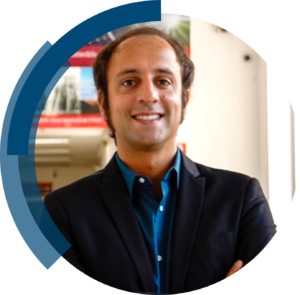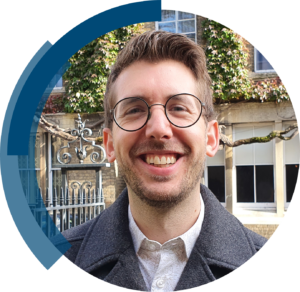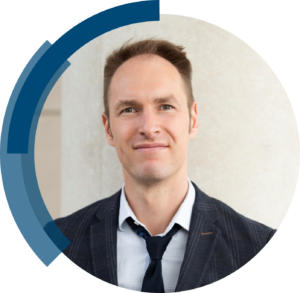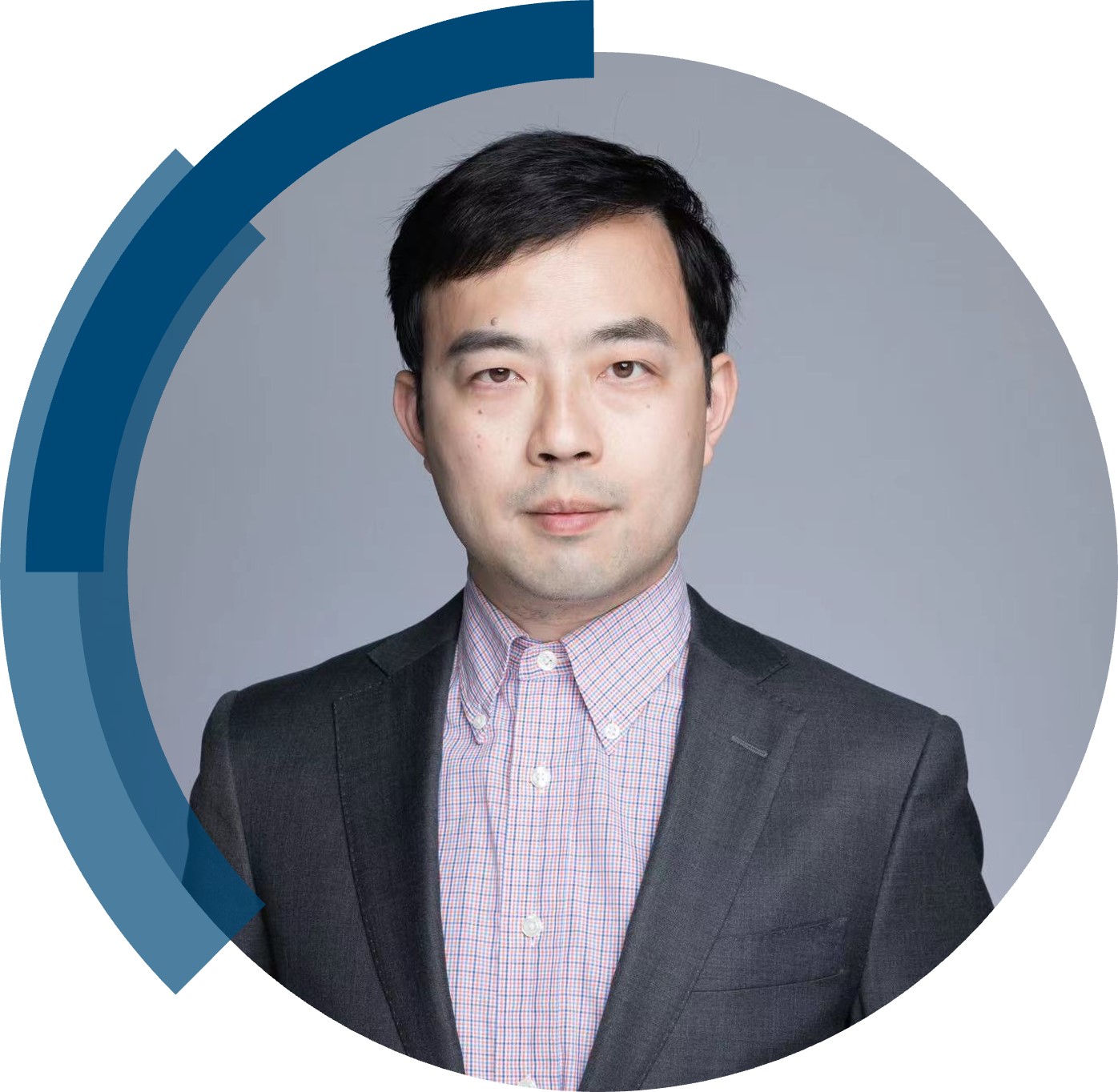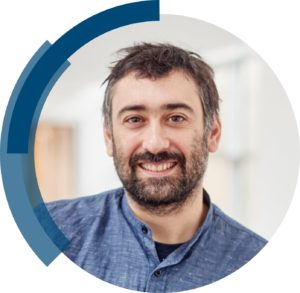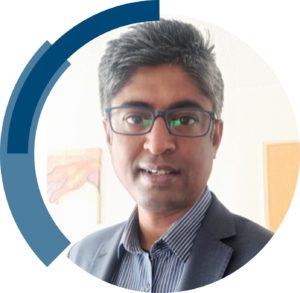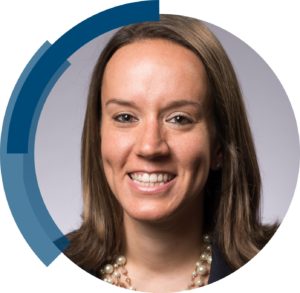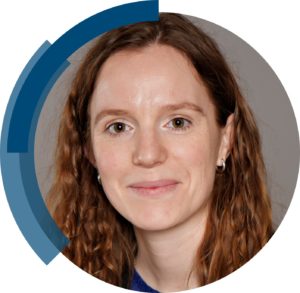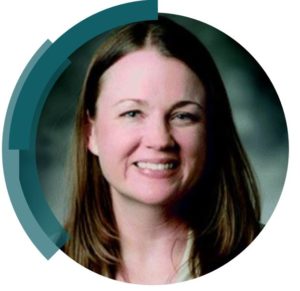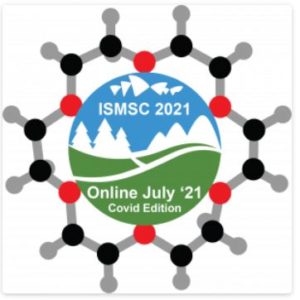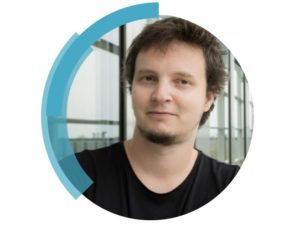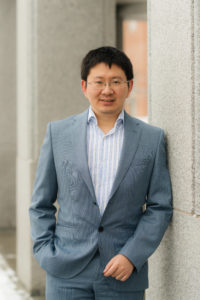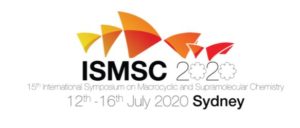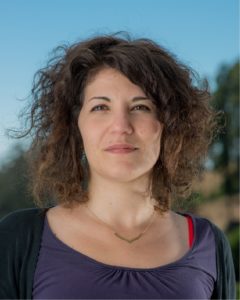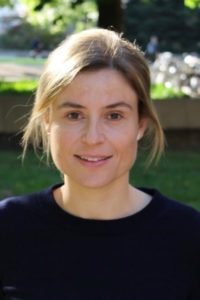On behalf of the ChemComm Editorial Board, we are delighted to announce the winners of the 2025 ChemComm Emerging Investigator Lectureship – Saurabh Chitnis (University of Victoria) and Xiongyi Huang (Johns Hopkins University)
Saurabh and Xiongyi join our recent past winners Federico Bella and Grace Han (2024), Josep Cornella (2022), and Keary Engle/Thomas Bennett (2021).
Get to know more about Saurabh and Xiongyi below:
Saurabh Chitnis obtained his Ph.D. with Neil Burford at the University of Victoria (2015), where his doctoral thesis was recognized with a Governor General’s Gold Medal. He then performed postdoctoral research with Ian Manners at the University of Bristol as a Banting Postdoctoral Fellow (2015–2017) and later with Doug Stephan at the University of Toronto (2017–2018). He started his independent career at Dalhousie University in July 2018, where in 2023 he received tenure and was promoted to Associate Professor and University Research Chair. In 2025, he moved to the University of Victoria as a Canada Research Chair in Inorganic Materials & Polymers.
Research in the Chitnis lab focuses on molecular and macromolecular main group chemistry. Select honours include the Dalhousie President’s Research Excellence Award, Science Killam Prize, the CNC-IUPAC National Travel Award, the Alfred P. Sloan Research Fellowship, and the Chemistry Undergraduate Teaching Award. In his free time, Saurabh enjoys coastal hiking, brewing fine beers, biking, and pretending he is a Masterchef, despite ample evidence to the contrary.
Discover the latest research coming out of Saurabh’s laboratory at www.chitnislab.ca
Xiongyi Huang received his B.S. Degree in Chemistry in 2010 from University of Science and Technology of China (USTC), where he worked on computational organic chemistry under the guidance of Prof. Yao Fu and Prof. Jing Shi. He then came to the United States and completed his graduate studies with Prof. John T. Groves at Princeton University as an HHMI International Predoctoral Fellow. After receiving his PhD in 2016, Xiongyi worked with Prof. Frances Arnold at Caltech, first as an NIH NRSA Postdoctoral Fellow and later as an NIH Pathway to Independence Postdoctoral Fellow. Xiongyi began as an Assistant Professor in the Department of Chemistry at the Johns Hopkins University in September 2019.
His research focuses on engineering metalloenzymes, particularly nonheme enzymes, to catalyse synthetic reactions currently absent in the reaction repertoire of enzymes. Xiongyi has been recognized with several awards, including the Packard Fellowship, the Camille Dreyfus Teacher–Scholar Award, the Sloan Research Fellowship, the Edward I. Stiefel Memorial Award for Metals in Biology, and selection as a Frontiers of Science Fellow by the National Academy of Sciences.
Find more info about Xiongyi and his group’s work at their website.
As part of the Lectureship award, Saurabh and Xiongyi will be presenting lectures over the coming 12 months. Details of the lectures will be announced in due course but follow our LinkedIn showcase and Bluesky accounts to keep up with the details!
About our Lectureships
RSC journal lectureships are intended to inspire and support the wider scientific community and to promote the value of science to broader society. They cover various subject areas and support talented and eligible scientists primarily in the earlier stages of their careers. Full details of all our lectureships, including nomination timelines, can be found here: https://www.rsc.org/standards-and-recognition/prizes/journal-lectureships














